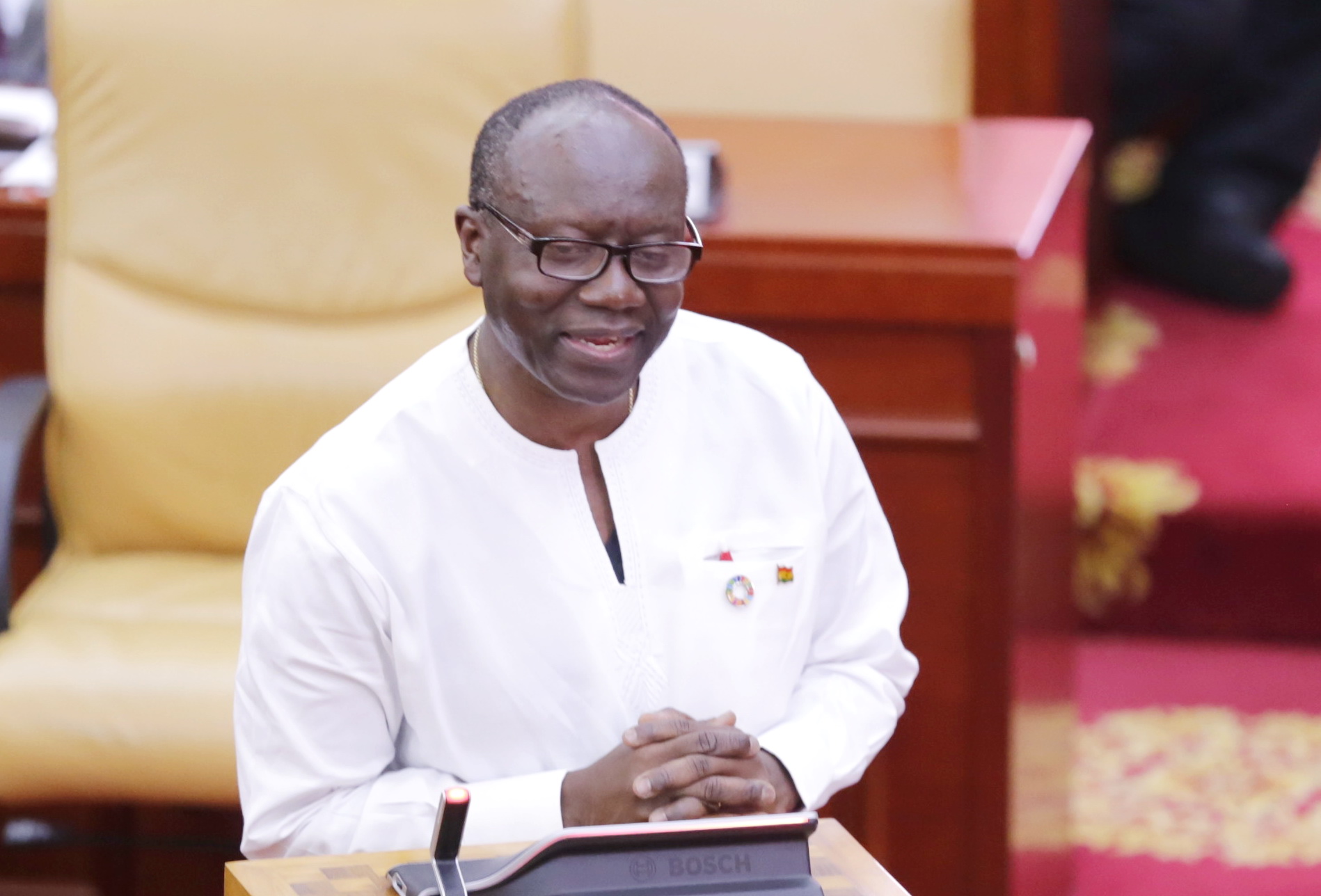
Economic prospects good — IMF
The International Monetary Fund (IMF) says Ghana’s economic growth prospects are positive, while its macroeconomic stabilisation is on course.
In a statement issued at the end of
The IMF team, led by Ms Annalisa Fedelino, visited the country from June 20 to 26, 2018 to discuss recent economic developments and the outlook for the remainder of the year.
The team met with the Vice-President, Dr Mahamudu Bawumia; the Finance Minister, Mr Ken Ofori-Atta; the First and Second Deputy governors of the Bank of Ghana (BoG), Mr Maxwell Opoku-Afari and Madam Elsie Addo Awadzi, respectively, and other senior officials.
IMF’s approval
The IMF approved Ghana’s request for a bailout programme to help stabilise the economy in the first week of April 2015.
The then government received a lot of backlash from the NPP, then in opposition, but the government was expected to get US$918 million spread over three years following the approval of the bailout.
The release of the funds under the programme is underpinned by strengthened fiscal consolidation efforts that hinge on prudent public expenditure management, enhanced domestic revenue mobilisation, public sector reforms, with particular emphasis on staff rationalisation in the public service and better control of the wage bill.
The IMF programme was originally expected to end in April 2018 but has now been extended to December this year.
The economy has shown signs of recovery, as it grew by 8.5 per cent in 2017, compared to 3.7 per cent in 2016.
Taking stock
The team took stock of Ghana’s economic performance to date under the IMF-supported programme, saying: “Macroeconomic stabilisation is ongoing. Growth prospects remain positive, supported by strong oil production.”
“Investor confidence has improved, as indicated by a successful issuance of the Eurobond in May 2018. Inflation has subsided to below 10 per cent. The government has stepped up structural reforms, particularly on public financial management and strengthening oversight over state-owned enterprises (SOEs).
End-year targets
“The government’s commitment to
For instance, the government is targeting to raise total revenue of GH¢51 billion, spend GH¢62 billion and have a deficit of 4.5 per cent of gross domestic product (GDP) by the close of the year.
In the same period, its growth target is estimated at 6.8 per cent of GDP and it is expected to also finish the year under review with a single digit inflation rate of eight per cent, have a primary balance (that is, government net borrowing or net lending, excluding interest payments on consolidated government liabilities) of .2 per cent, while having 3.5 months of import cover as far as gross foreign reserves are concerned.
“Thus, we welcome the government’s intention to present a balanced and comprehensive fiscal package to Parliament at the time of the mid-year budget review in July. Such a package will help meet the fiscal objectives and support the implementation of the government’s development agenda.
Monetary policy
“The monetary policy stance remains appropriate and inflation is expected to continue to decline to the eight per cent target before the end of the year,” the IMF team said.
Responding to the gradual lowering of the monetary policy rate, which now stands at 18 per cent, it said lending rates had also been inching down.
However, it said recent exchange rate pressures were expected to be short-lived, provided that fiscal consolidation continued.
“A key priority is to strengthen foreign exchange (FX) management to help foster a deeper and more liquid FX market,” it added.
Financial services sector
“The overall financial system is adequately capitalised, but weaknesses in some institutions — including high levels of nonperforming loans — can adversely impact financial stability, hamper credit growth and investment and create contingent liabilities for the government.”
The BoG, it said, was introducing reform measures to address remaining financial sector weaknesses which would help improve the availability and affordability of credit to the private sector.
SOE front
The IMF team praised the government’s efforts at strengthening SOE governance, saying: “Improving the financial position of the loss-making SOEs is essential for mitigating fiscal risks. We support the authorities’ decision to create a single entity to oversee the SOEs and submit a draft bill to Parliament by end-July 2018.”
According to the team, the approval of financial recovery plans for energy sector SOEs was essential to put them on the path of financial recovery.
“We look forward to the continued progress on ECG concession and a strategy for divesting the non-core assets of the Volta River Authority (VRA),” it said.